In the digital age, social media has rapidly transformed how political narratives unfold across the globe, and New Zealand is no exception. The profound impact of social media on New Zealand's political landscape is undeniable, influencing everything from voter engagement to policy discussions. As a tax specialist, understanding these dynamics can provide critical insights into economic policies and how they resonate with the public. Let's dive deep into how social media has reshaped the political discourse in New Zealand.
The Rise of Social Media: A Political Game Changer
The advent of social media platforms like Facebook, Twitter, and Instagram has given political figures direct access to their constituents, bypassing traditional media channels. This shift has democratized political communication, allowing diverse voices to be heard. For example, during the 2020 New Zealand general elections, social media played a pivotal role in engaging younger voters, with platforms reporting a significant uptick in political content consumption. According to Stats NZ, 70% of Kiwis aged 18-24 were active on social media, making it a crucial battleground for political campaigns.
Case Study: The Impact of Social Media on the Labour Party’s Campaign
Problem: The Labour Party in New Zealand faced the challenge of connecting with a digitally-savvy electorate.
- The party struggled to engage younger voters through traditional means.
- Research showed that these voters were more likely to engage with political content via social media.
Action: In response, the Labour Party revamped its digital strategy.
- They leveraged targeted Facebook and Instagram ads to reach younger demographics.
- Engagement strategies included interactive Q&A sessions and live updates on policy decisions.
Result: The Labour Party saw significant improvements:
- Voter engagement increased by 30% among the 18-24 age group.
- Social media interactions surged by 50% during the campaign period.
- Electoral success was attributed partly to these digital efforts.
Takeaway: This case study underscores the importance of digital strategies in political campaigns. New Zealand political parties can enhance voter engagement by adopting a robust social media presence.
Social Media's Role in Policy Making and Public Opinion
Beyond campaigning, social media platforms have become vital arenas for policy discussions and public opinion formation. Government agencies and politicians frequently use these platforms to gauge public sentiment and gather feedback on proposed policies. For instance, the Ministry of Business, Innovation and Employment (MBIE) utilizes social media analytics to track public reactions to policy announcements, ensuring that economic policies align with public expectations.
Data-Driven Insight: Social Media and Economic Policy
According to a report by the Reserve Bank of New Zealand, social media analytics have become integral to understanding economic policy impacts. Analyzing social media trends can reveal public concerns about tax reforms or budget allocations, allowing policymakers to adjust strategies preemptively. This approach not only fosters transparency but also enhances public trust in the political process.
Pros and Cons of Social Media in Politics
Pros:
- Increased Engagement: Social media platforms enable direct communication between politicians and constituents, fostering greater engagement.
- Real-Time Feedback: Politicians can receive instant feedback on policies, allowing for agile decision-making.
- Cost-Effective Campaigning: Compared to traditional media, social media campaigns are more cost-effective and can reach a broader audience.
- Empowerment of Diverse Voices: Social media levels the playing field, allowing marginalized groups to participate in political discourse.
Cons:
- Spread of Misinformation: The rapid spread of false information can influence public opinion negatively.
- Echo Chambers: Social media algorithms can create echo chambers, reinforcing existing beliefs and hindering exposure to diverse viewpoints.
- Privacy Concerns: Data privacy issues arise when political campaigns leverage social media analytics.
- Polarization: Social media can contribute to political polarization, intensifying divisions within society.
Debunking Common Myths about Social Media in Politics
Myth: "Social media only benefits large political parties."
Reality: Social media provides a platform for smaller parties and independent candidates to gain visibility and engage directly with voters. The Green Party of New Zealand, for instance, has effectively used social media to strengthen its presence and promote environmental policies.
Myth: "Social media is only for young voters."
Reality: While younger demographics are more active, older generations are increasingly using social media for political engagement. A 2023 study by Massey University found that 40% of Kiwis over 55 engage with political content on social platforms.
Future Trends and Predictions in Social Media and Politics
As technology evolves, so too will the role of social media in politics. By 2028, we can expect several key developments:
- AI-Driven Campaigns: Artificial intelligence will enable hyper-targeted political campaigns, tailoring messages to individual voters based on their social media activity.
- Increased Regulation: To combat misinformation, governments may introduce stricter regulations on political advertising on social media platforms.
- Enhanced Data Analytics: Advanced analytics will provide deeper insights into voter behavior, enabling more strategic policymaking.
- Virtual Political Events: Virtual reality may become a staple in political campaigns, offering immersive experiences for voters.
Conclusion: Final Takeaway & Call to Action
Social media has undeniably transformed the political landscape in New Zealand, offering unprecedented opportunities for engagement and transparency. However, it also presents challenges that require careful navigation. As digital strategies become increasingly sophisticated, political entities must adapt to leverage these tools effectively. Ready to dive deeper into the intersection of technology and politics? Join our newsletter for more insights into how digital trends are shaping New Zealand's future!
People Also Ask (FAQ)
- How does social media impact politics in New Zealand? Social media enhances voter engagement and allows for real-time feedback on policies, making it a crucial tool for political campaigns and public discourse.
- What are the biggest misconceptions about social media in politics? One common myth is that social media only benefits large parties. In reality, it provides visibility for smaller parties and independent candidates.
- What are the best strategies for implementing social media in political campaigns? Experts recommend leveraging targeted ads, interactive content, and real-time engagement to maximize impact.
- What upcoming changes in New Zealand could affect social media's role in politics? Stricter regulations on political advertising and advanced data analytics are expected to shape the future of social media in politics.
- Who benefits the most from social media in politics? Social media benefits political parties, independent candidates, and voters by fostering direct communication and engagement.
Related Search Queries
- Social media impact on New Zealand politics
- Political campaigns and social media strategies
- Social media regulation in New Zealand
- Voter engagement through social media
- Social media and policy-making in NZ
- Future of social media in politics
- Social media analytics in political campaigns
- AI in political campaigns
- Challenges of social media in politics
- Case studies of social media in NZ politics




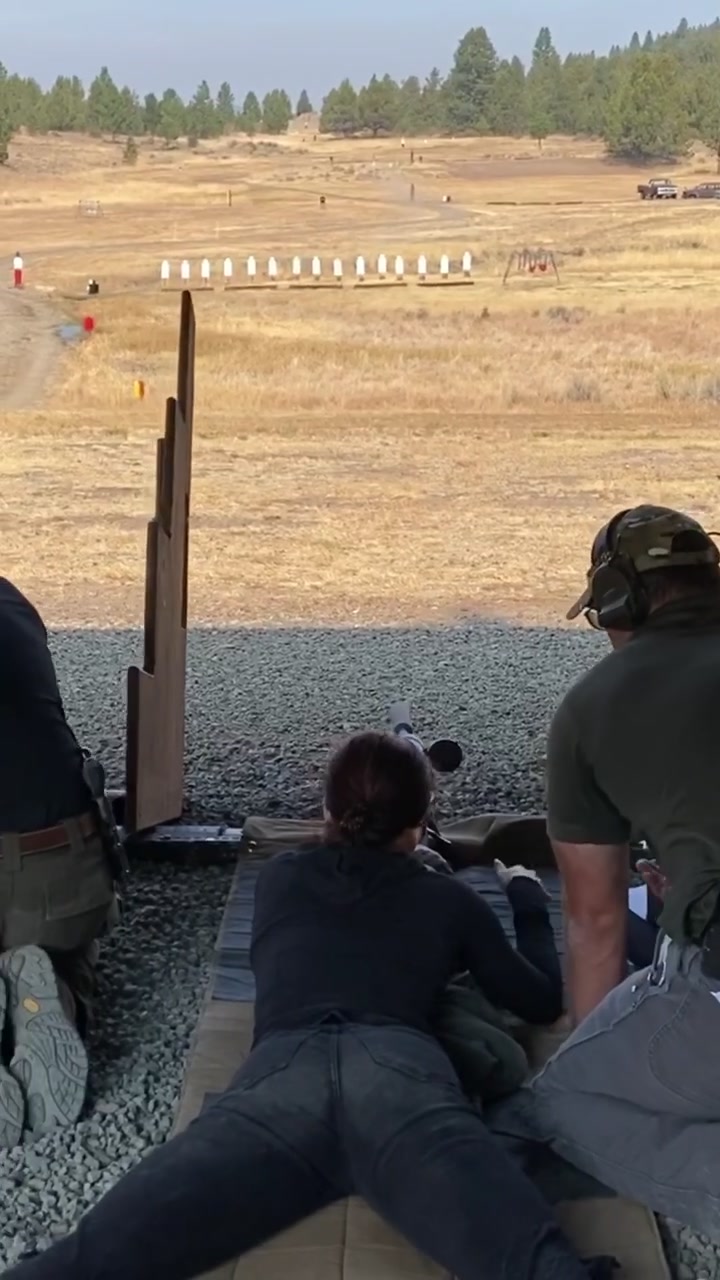
















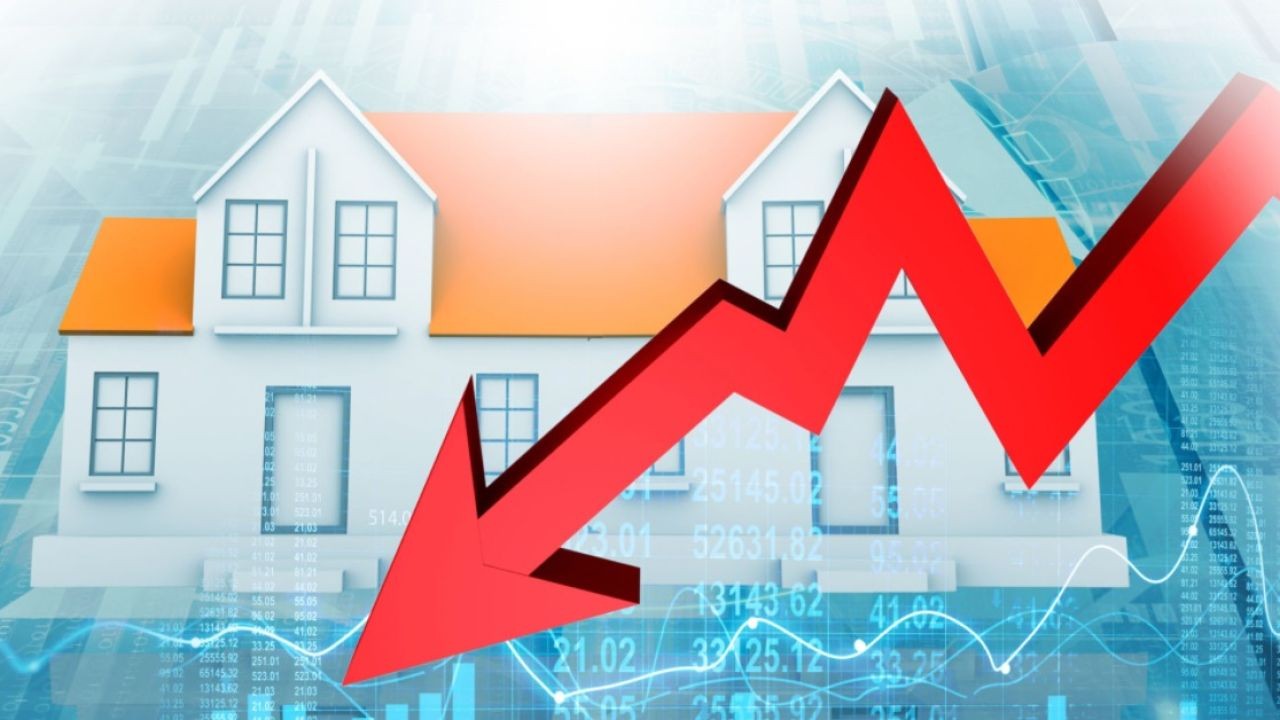


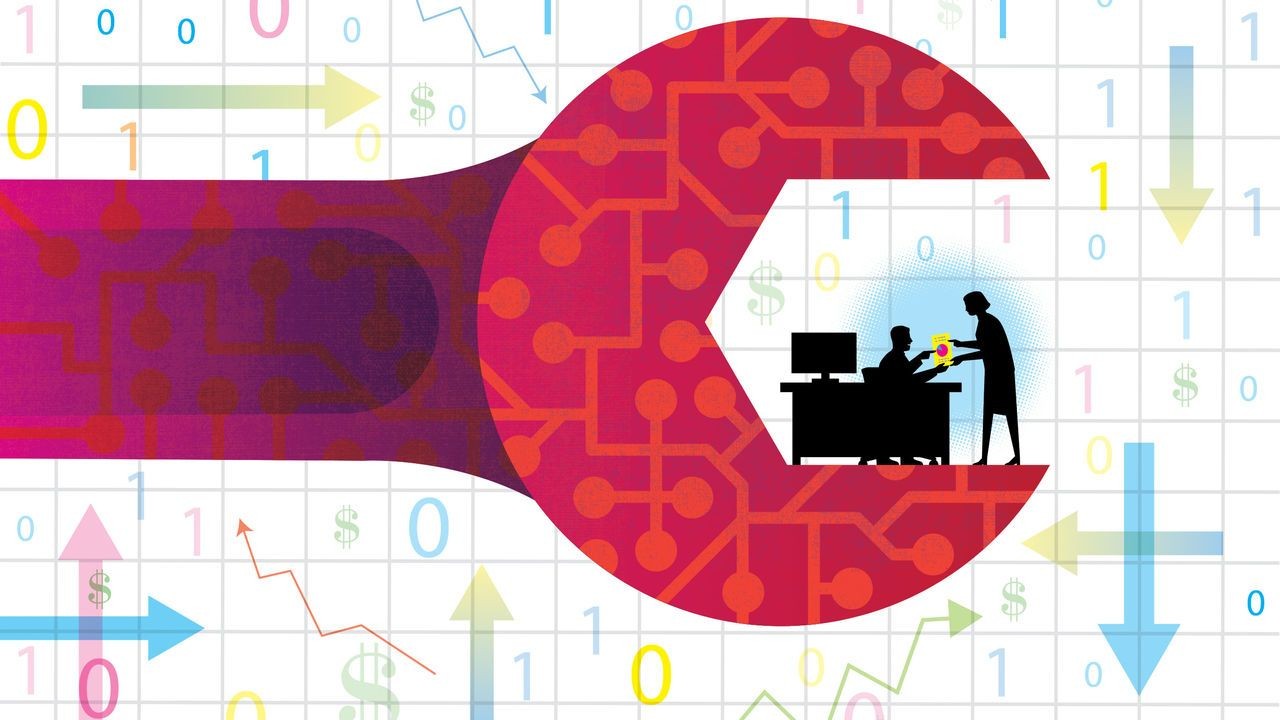
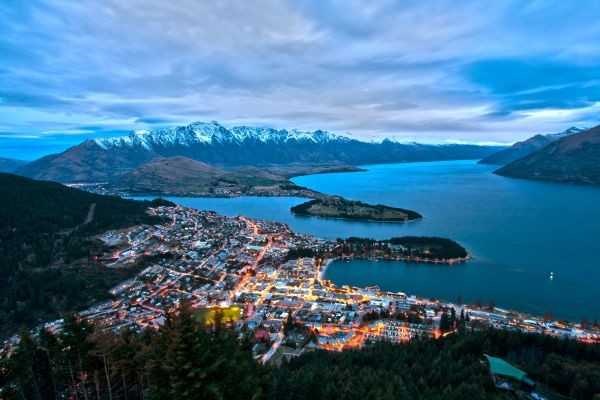



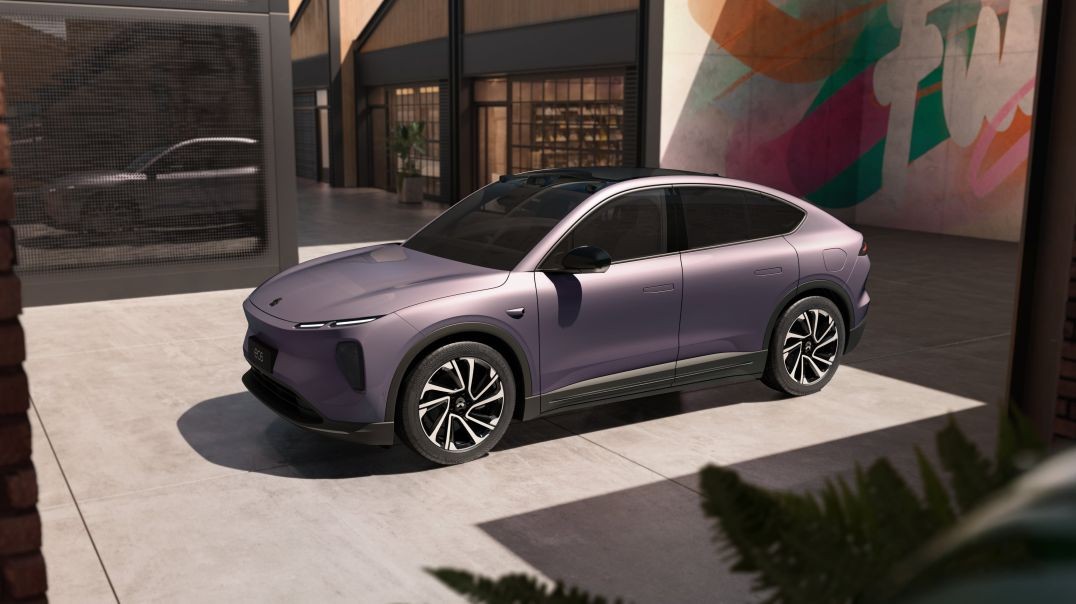

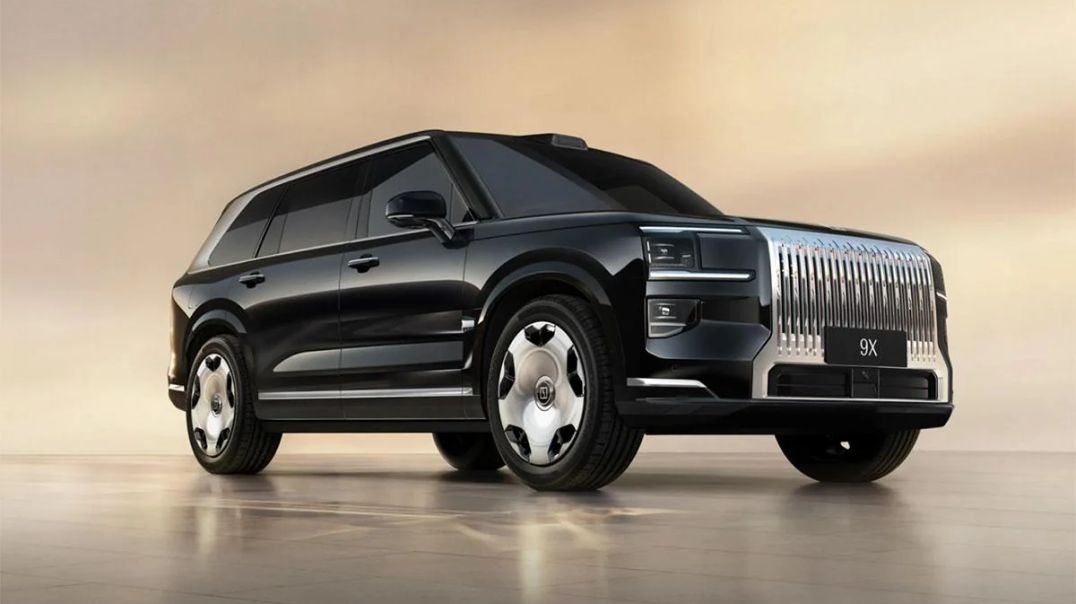
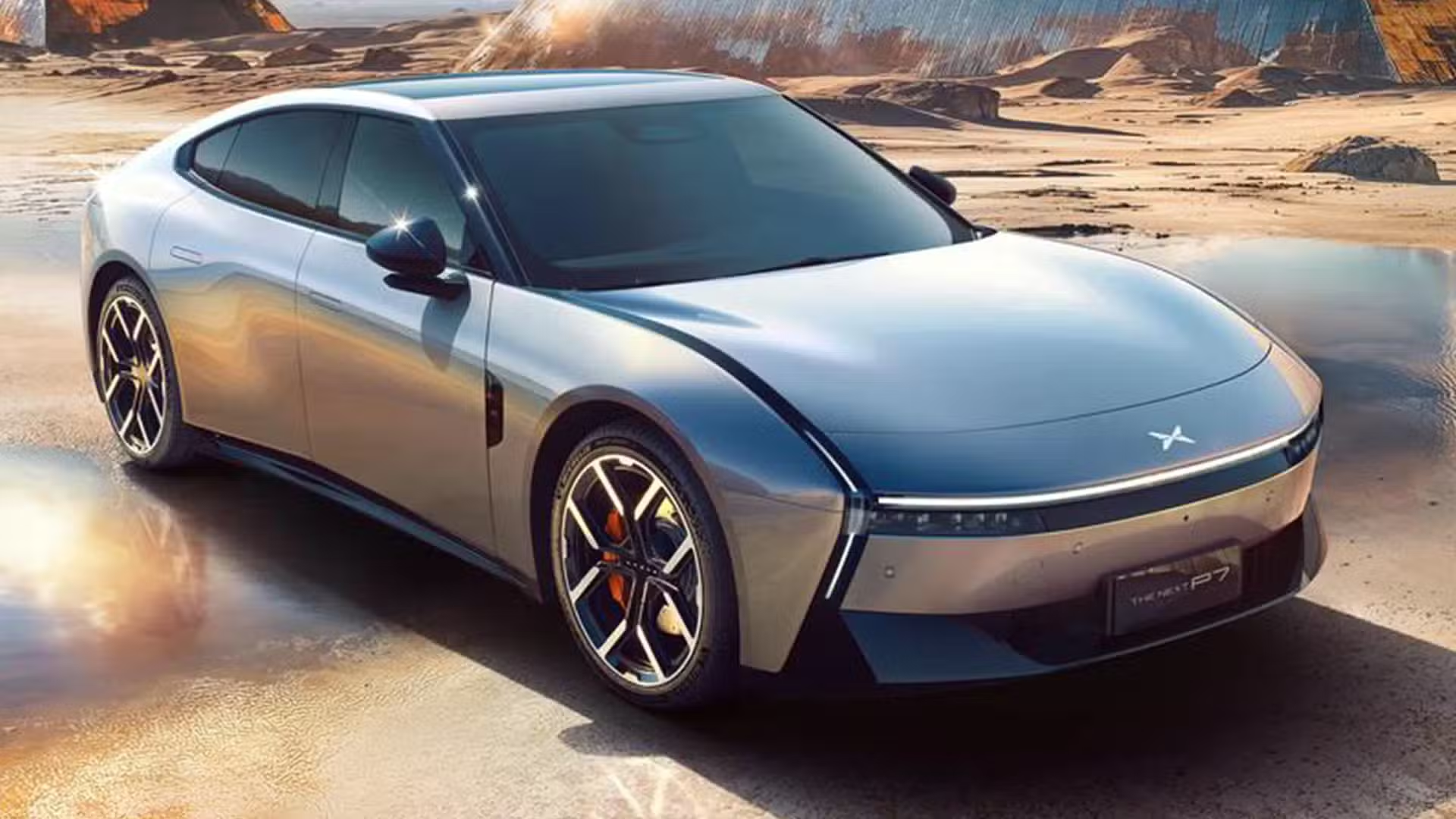

leamorris1736
5 months ago